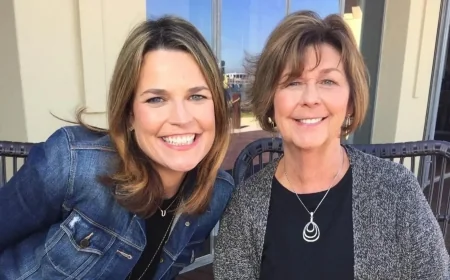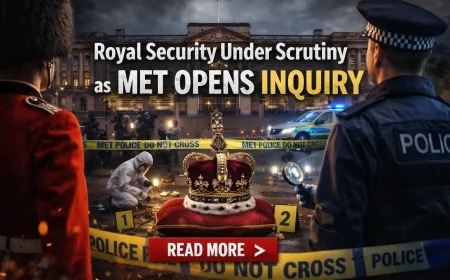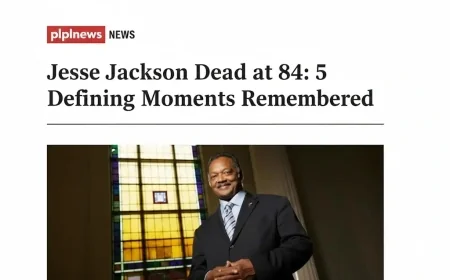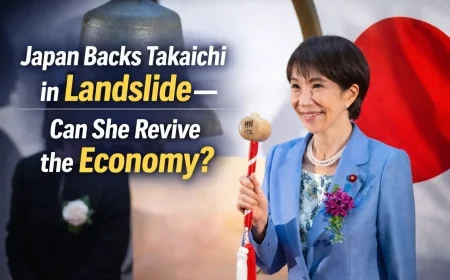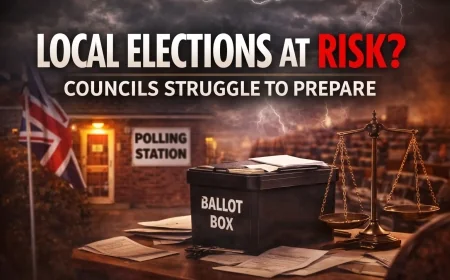A Harvard-trained psychologist says that couples who truly trust each
Trust is the foundation of emotional intimacy and long-term connection in a romantic relationship.

When you trust your partner, you believe they will fulfill their commitments. But this is also influenced by your past experiences and emotional patterns. For example, if you've experienced betrayal in a previous relationship, you may find it difficult to trust others, even if they can be trusted.
As a Harvard-trained psychologist specializing in relationships, I've observed how trust affects couples' communication. Couples who truly trust each other never use these eight phrases, which silently cause long-term harm.
1. 'Do you love me?'
Constantly seeking reassurance can be a sign of insecurity. Even if your partner answers "yes," it may not feel genuine, especially if you have to ask.
If you trust that your partner cares about you, tell them you're feeling vulnerable and want to connect.
Instead, they say:
• "I'm feeling a little vulnerable. Can I have a hug?"
• "It's important for me to express my feelings. How have you been feeling about us lately?"
2. "Show me your phone."
When you're suspicious, it can be tempting to "check in." But snooping shows a lack of trust. In healthy relationships, privacy is respected. You both have the right to your own space and conversation.
Instead, they say:
• "I feel like something's wrong. Is there something you're not telling me?"
• "I noticed you got some messages late last night. Is everything okay?"
3. "I don't even know you anymore."
We're always growing and changing. This is a part of life. In relationships based on trust, change is seen as an opportunity to grow together over time.
Instead, they say:
• "I didn't know this about you."
• "Even after all this time, I'm still learning about you. I love it."
4. "Don't leave me."
Commitment is important. But if this problem persists for a long time, your partner may leave you (or vice versa!). You must trust that your partner will stay with you because they want to, not because you've blamed them, deceived them, or begged them.
Instead, they say:
• "I'm confident we'll get through this difficult time."
• "If you ever feel like this relationship isn't right, it will be difficult for me. But I'll get through it."
5. "I can't talk to you about it."
Couples who trust each other are willing to talk about anything, no matter how painful or uncomfortable it may be. They trust that their partner will respect and stay connected, even when they disagree.
Instead, they say:
• "I know I can tell you anything."
• "Thank you for loving me, even when it's hard."
6. "Text me every hour."
Couples who trust each other give each other space. This means they don't need to constantly ask to feel safe. They know their partner is okay and happy, even if they're physically apart.
Instead, they say:
• "Have fun tonight!"
• "Text me as soon as you get home."
7. "I'm tired of you."
Relationships have ups and downs. Saying "I'm fed up" during an argument can cause long-term harm. Couples who trust each other don't make empty threats, and they know that difficult times don't mean the relationship is over.
Instead, they say:
• "We'll work it out."
• "I'm not going anywhere. I'm with you."
8. "You should know why I'm upset."
Expecting your partner to read your mind isn't fair. Communication is crucial to any successful relationship. If you trust your partner, you'll continue the conversation and speak respectfully.
Instead, they say:
• "This is why I'm upset."
• "I need some time to calm down, but I'll talk again when I'm ready to talk."
Dr. Courtney S. Warren, PhD, is a board-certified psychologist and author of the new book "Letting Go of Your Ex." She specializes in romantic relationships, addictive behaviors, and honesty. She received her clinical training at Harvard Medical School after earning a doctorate in clinical psychology from Texas A&M University. Follow her on Instagram.
What's Your Reaction?
 Like
0
Like
0
 Dislike
0
Dislike
0
 Love
0
Love
0
 Funny
0
Funny
0
 Angry
0
Angry
0
 Sad
0
Sad
0
 Wow
0
Wow
0
